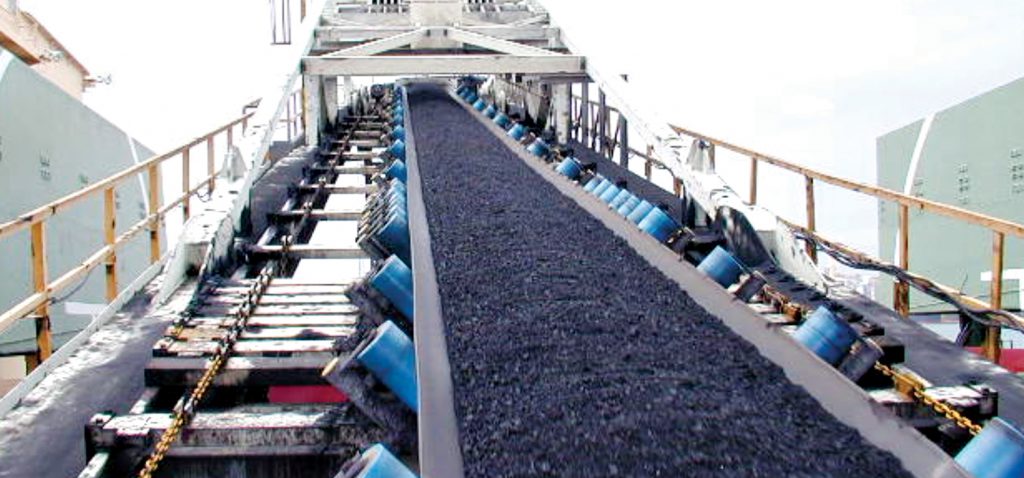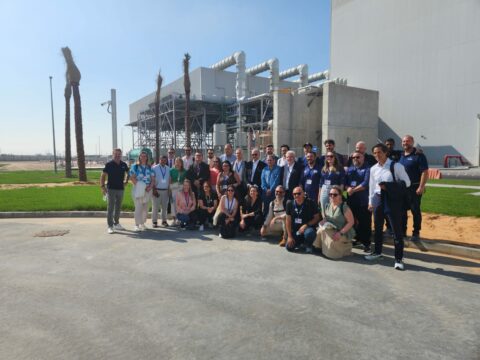SA Mining
Coal Conundrum
By: Nelendhre Moodley
There is an urgent need for government, Eskom and local coal producers to come together to find suitable solutions for security of power supply, XMP Consulting analyst Xavier Prévost tells SA Mining.
Prévost echoed Mineral Resources and Energy Minister Gwede Mantashe’s call for the establishment of a platform to speedily address power concerns, including load shedding and high electricity prices.
Mantashe noted that government had started engagements with coal producers and independent power producers to discuss the state of the economy and the role of electricity in contributing to economic growth.
According to the Minerals Council South Africa’s latest fact sheet, 70% of coal volume is consumed domestically and more than 70% of electricity demand is generated from coal power.
However the coal sector has been facing massive headwinds, including pressure from the global arena to change the energy mix in favour of renewable energy. Apart from government’s recently implemented coal tax, the industry has been facing project funding constraints with financial institutions refusing to invest in the development of coal projects.
Following these challenges, coal production has been decreasing by a rate of 10mtpa year-on-year for the past few years, states Prévost.
The Minerals Council fact sheet states that since 2009, net investment in the coal industry has declined at a rate of 10% per year – from R7.3-billion to R3.8bn in 2017.
The way forward
The way forward, says Prévost, is for Eskom to negotiate new long-term contracts with the coal mining community. “Only when the various parties speak to each other and establish the terms of agreement will financial institutions consider funding coal projects.”
Prévost explains that Eskom should start negotiating coal prices from “future mines such as New Largo Coal mine” which is scheduled to supply coal for the Kusile power station and look to co-own mines which would then allow the power utility to better negotiate prices, including considering paying on a “cost plus” basis.
“By co-owning the mines Eskom will have better price-negotiating power. At the moment, mines are independent and set their own prices for coal which means that Eskom is forced to accept high coal prices.”
Prévost also advocates for the adoption of clean coal technology which is “slightly more expensive” but would align with the calls for clean energy adoption.
He explains that a portion of the carbon tax should be set aside to finance and promote clean coal developments.
Coal is a significant contributor to economic growth, being an important revenue contributor and employer; therefore it is imperative for government, coal producers and Eskom to reach an agreement quickly.





